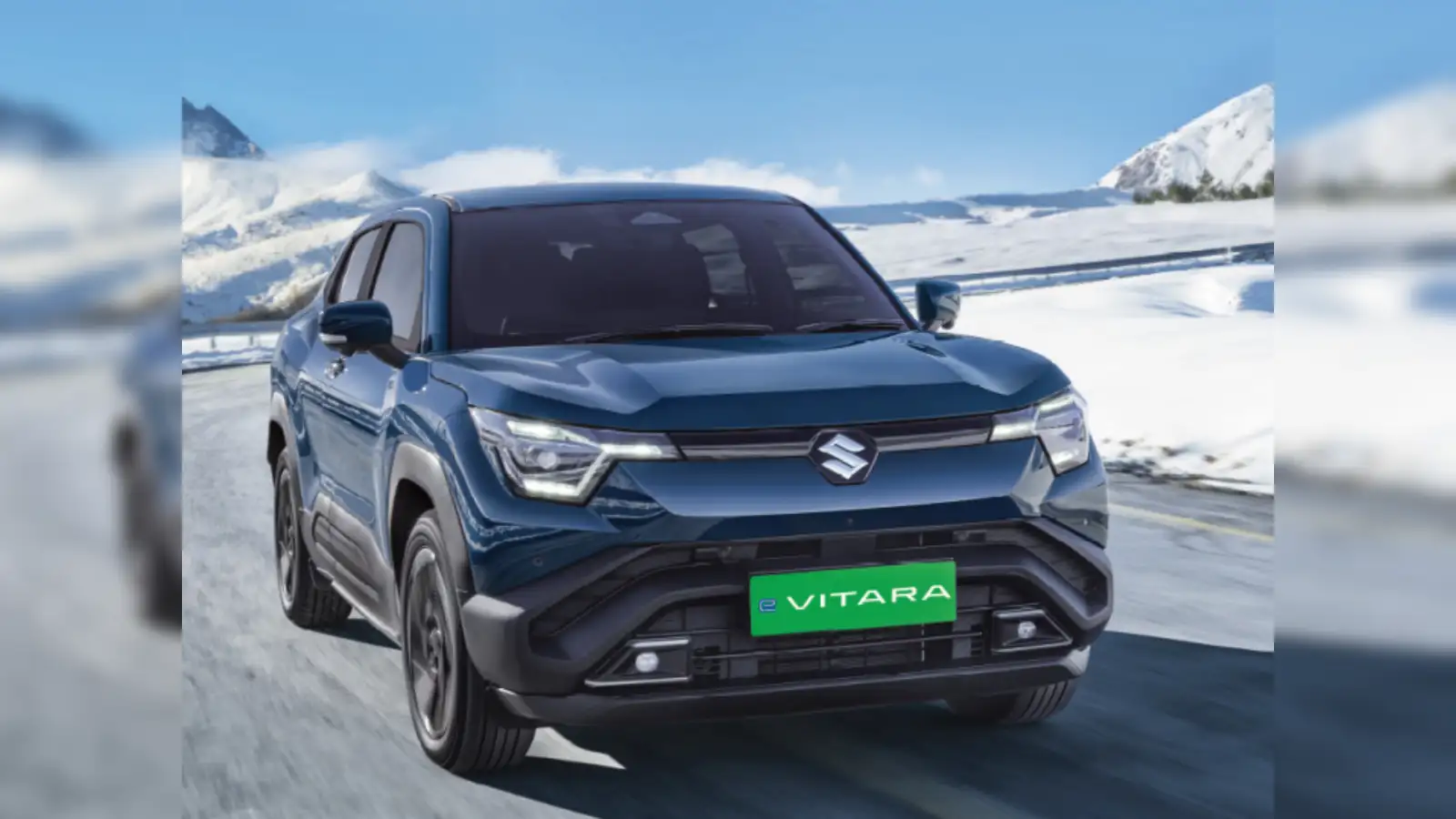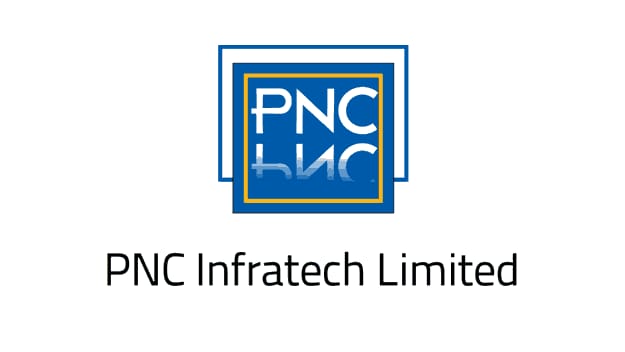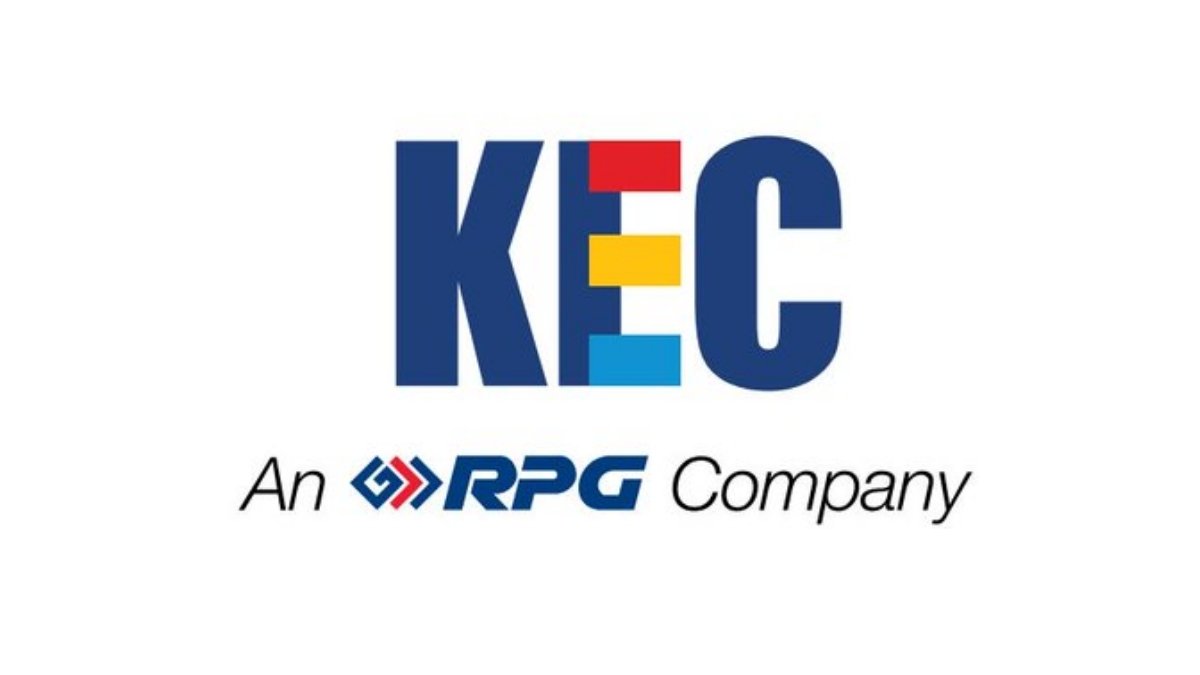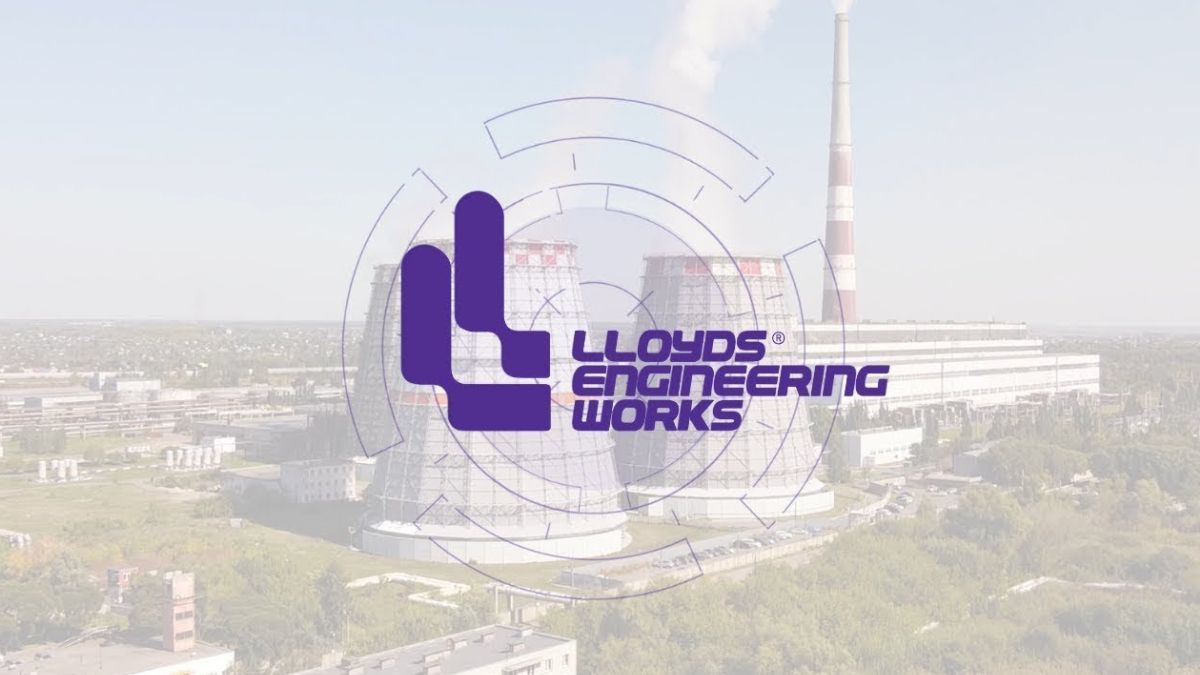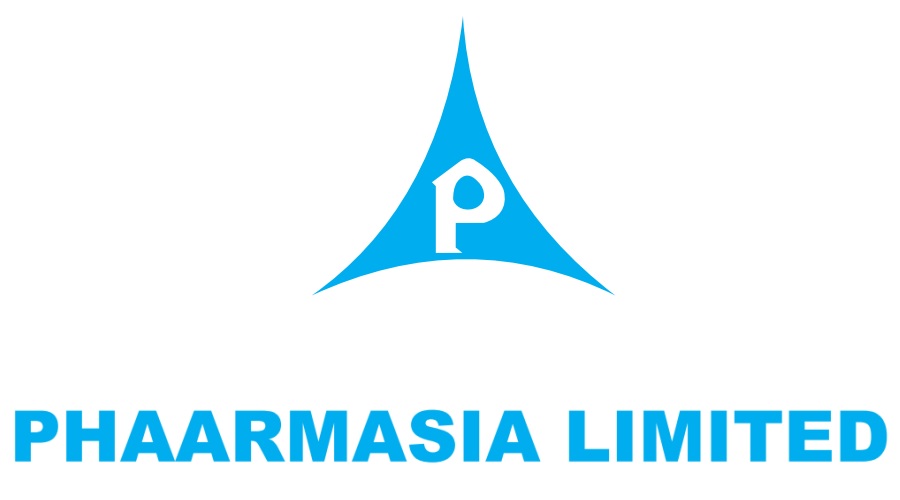In a landmark event held at Suzuki Motor Corporation’s Hansalpur plant in Gujarat, Prime Minister Narendra Modi inaugurated multiple initiatives that signal India’s deepening commitment to clean mobility, advanced manufacturing, and strategic resource independence. The launch of Maruti Suzuki’s first global electric SUV, the e-VITARA, alongside the commissioning of a hybrid battery electrode facility and renewed focus on semiconductor and rare earth strategies, marks a pivotal moment in India’s industrial transformation.
These developments are aligned with the Make in India and Aatmanirbhar Bharat missions, reinforcing India’s ambition to become a global hub for futuristic industries.
Key Highlights from the Prime Minister’s Address
Suzuki’s Gujarat EV and battery project is a major leap toward India’s Make in India goals
Local production of battery cells will accelerate domestic EV and hybrid manufacturing
Export of India-made cars to Japan reflects global trust in Indian capabilities
Maruti Suzuki’s hybrid ambulance qualifies for incentives under India’s clean vehicle scheme
India is intensifying efforts to advance semiconductor manufacturing and address rare earth shortages through the Critical Minerals Mission
EV Export Milestone: India Becomes Suzuki’s Global Manufacturing Hub
Launch of e-VITARA
PM Modi flagged off Maruti Suzuki’s first global battery electric vehicle, the e-VITARA, for export to over 100 countries including Japan and Europe
The EV is manufactured at the Hansalpur plant, part of Suzuki’s 2.6 million unit annual capacity across India
The e-VITARA features two battery options (49 kWh and 61 kWh), offering up to 500 km range, and includes advanced safety and connectivity features
Strategic Export Signal
The export of India-made EVs to Japan, a mature automotive market, underscores the quality and reliability of Indian manufacturing
Suzuki’s decision to make India its global EV hub reflects confidence in India’s cost competitiveness and skilled workforce
Battery Ecosystem Boost: Localizing the Value Chain
PM Modi inaugurated the hybrid battery electrode production facility at the TDS Lithium-Ion Battery plant, a joint venture between Toshiba, Denso, and Suzuki
Over 80 percent of the battery value will now be manufactured domestically, reducing import dependence and strengthening India’s clean energy supply chain
The facility will support both EVs and strong hybrid electric vehicles (SHEVs), enabling scale and cost efficiency
Clean Mobility Incentives: Hybrid Ambulance and Government Schemes
The Prime Minister highlighted Maruti Suzuki’s hybrid ambulance, which meets the criteria for incentives under the government’s clean vehicle promotion scheme
This initiative supports the dual goals of reducing emissions and enhancing healthcare mobility, especially in rural and semi-urban areas
The scheme is part of India’s broader FAME (Faster Adoption and Manufacturing of Hybrid and Electric Vehicles) policy framework
Semiconductor and Critical Minerals: Building Future-Ready Infrastructure
PM Modi reiterated India’s focus on advancing semiconductor manufacturing, calling it essential for digital sovereignty and industrial competitiveness
The government is actively working to address rare earth shortages through the Critical Minerals Mission, which aims to secure supply chains for lithium, cobalt, and other strategic inputs
These efforts are designed to support India’s growing electronics, EV, and renewable energy sectors
Conclusion: A Multi-Pronged Leap Toward Industrial Self-Reliance
The initiatives launched in Gujarat reflect a comprehensive strategy to position India at the forefront of clean mobility, advanced manufacturing, and resource security. From exporting EVs to Japan to producing battery cells locally and investing in semiconductors, India is laying the foundation for a resilient and globally competitive industrial ecosystem. As PM Modi emphasized, these steps are not just about technology—they are about trust, transformation, and the future of India’s economic leadership.
Sources: IndiaTV News, News18 Auto, CNBC TV18, MSN Money, Times of India, The Hindu BusinessLine.

